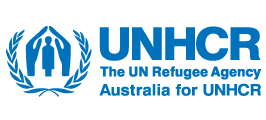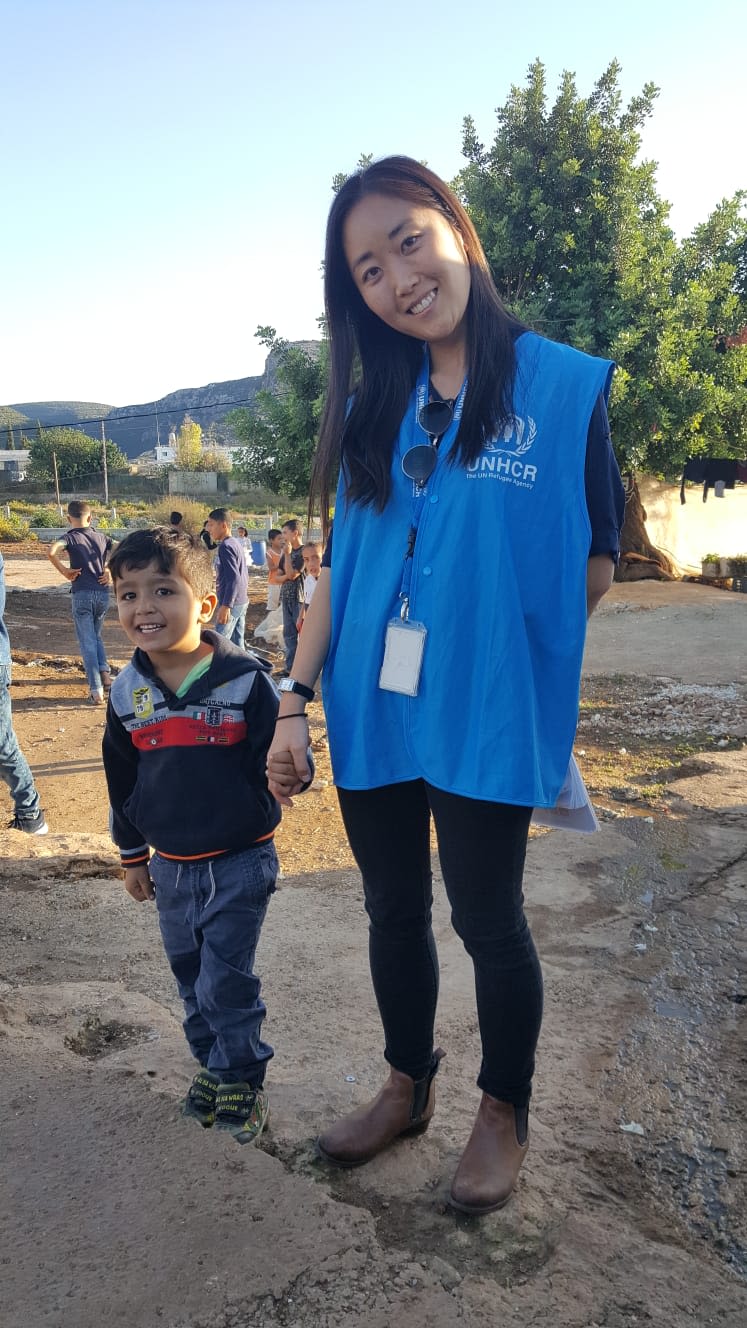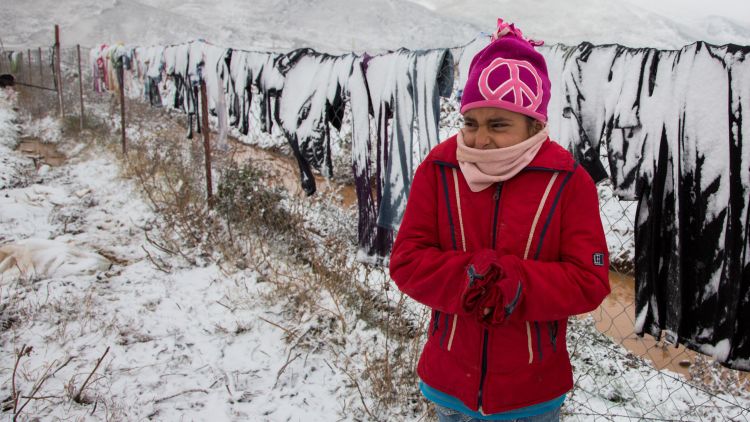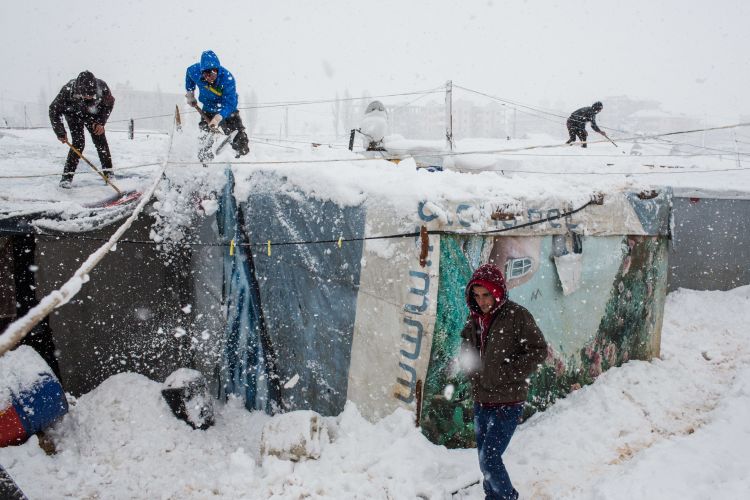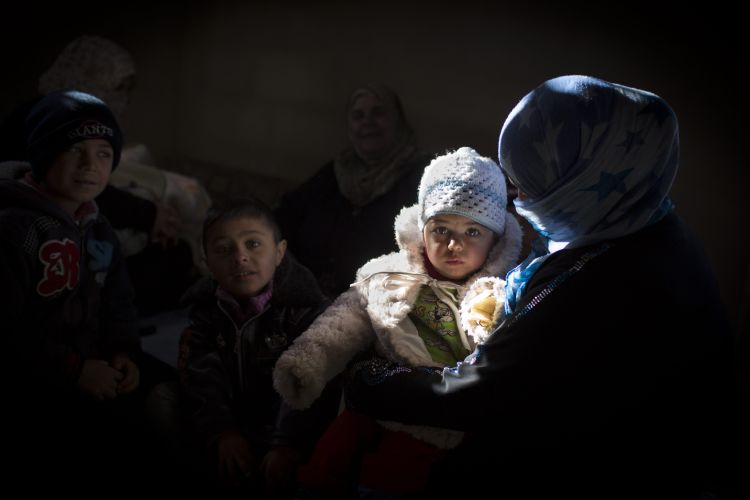Out of the cold
For many refugees across
the Middle East, UNHCR's
winter support is life-saving
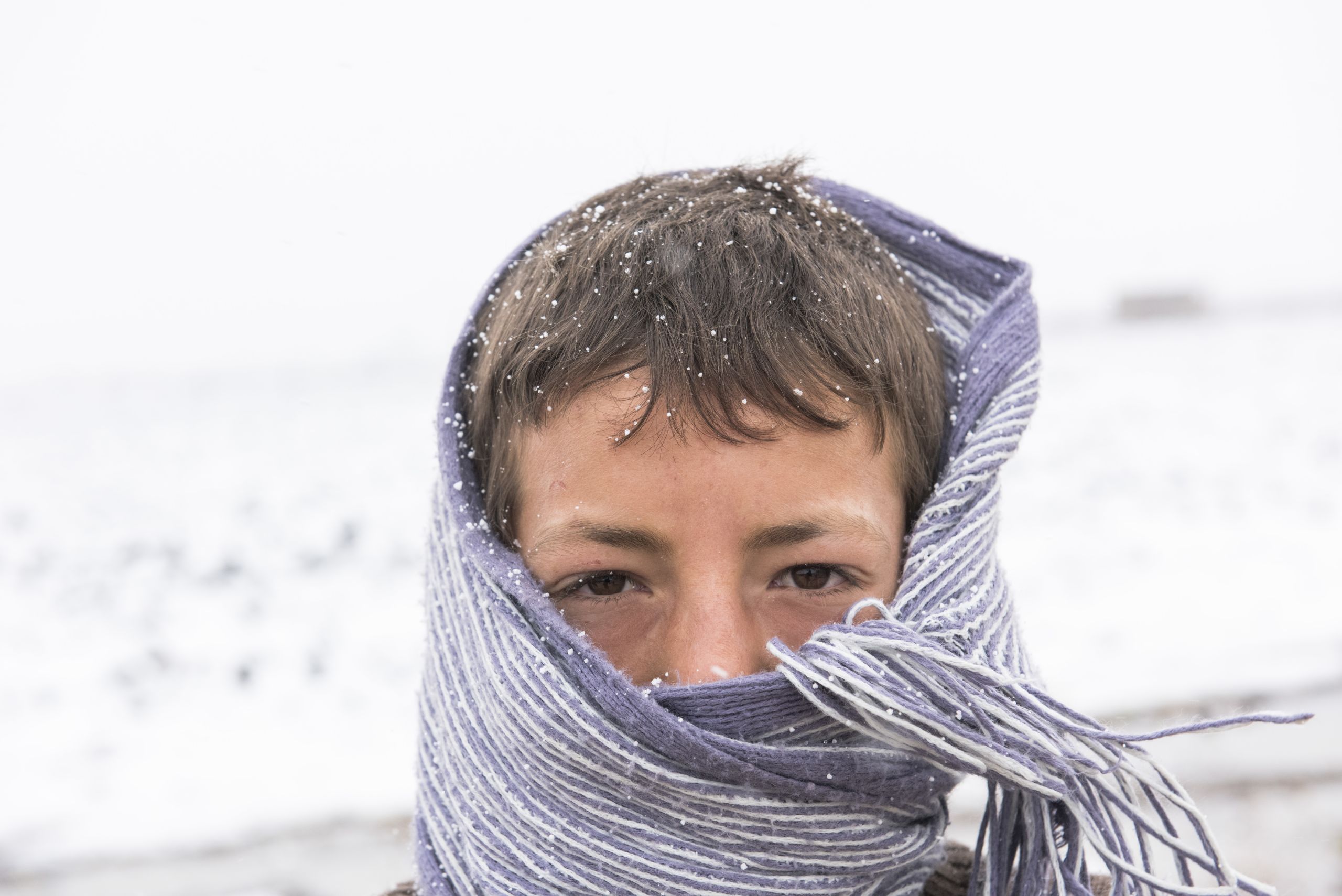
Refugee families from Syria and Iraq have survived bombs and bullets. Now they are facing another deadly enemy: freezing winter conditions.
In this special interview, UNHCR Lebanon’s Senior External Relations Officer, Anna King, explains the risks that winter brings to families living in flimsy shelters and decrepit buildings across the Middle East.
Anna, how long have you worked for UNHCR in the Middle East? What does a typical day look like for you?
I started working for UNHCR in Jordan at the start of 2013. After a couple of years in Geneva, I came back to the region in 2017 to manage UNHCR Lebanon’s communications and relations with governments.
A typical day would involve addressing queries on developments related to the refugee situation, advocating for support to UNHCR and our programs, and organising field missions so that policy makers can see first-hand the precarious living situation of refugees in Lebanon and the impact this crisis is having on this tiny country and its people.
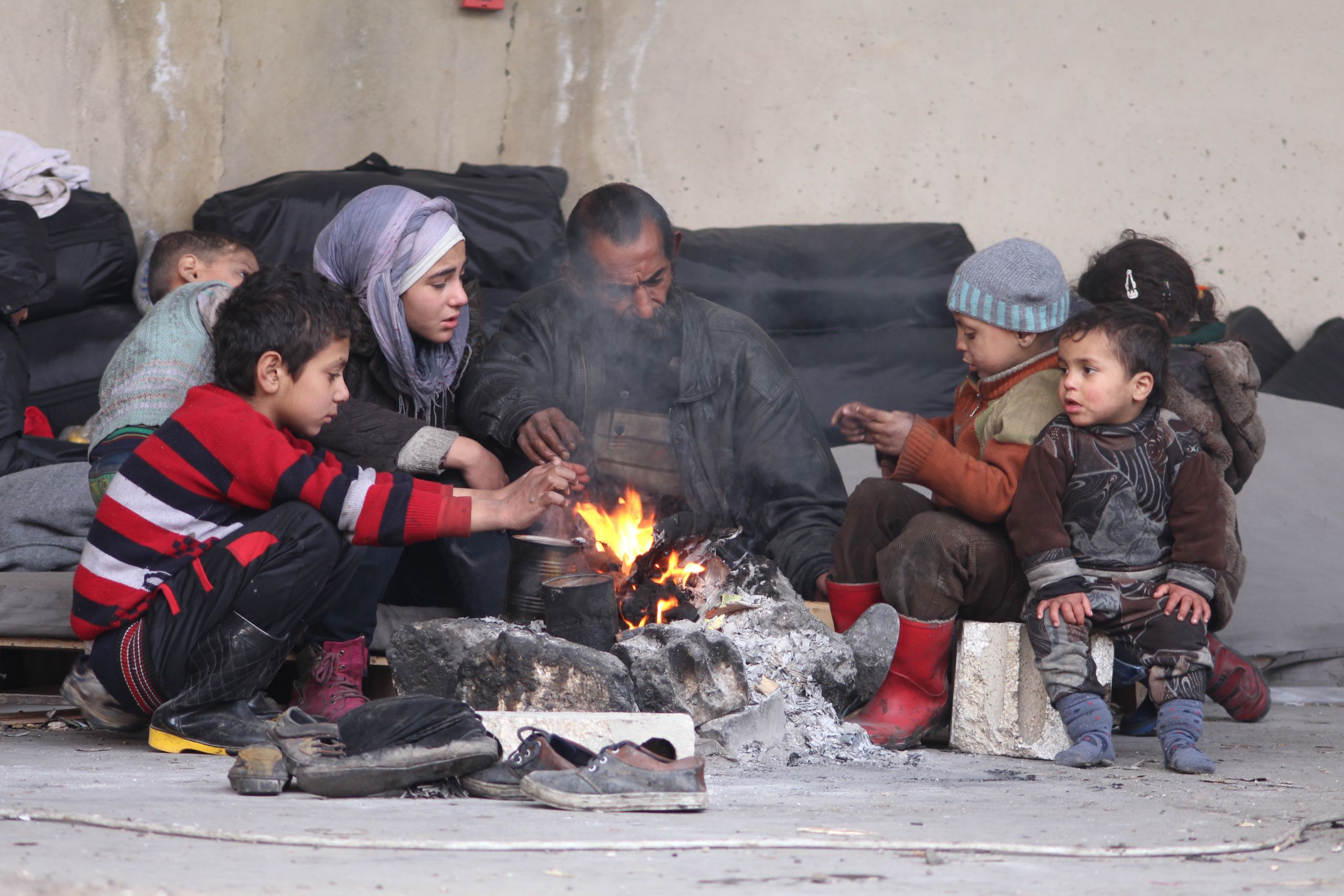
What are the main challenges facing refugees during the winter months?
Lebanon is mountainous and temperatures can drop very suddenly, even going below zero. The high humidity year-round means the cold feels colder, and winter also brings heavy rainfall.
The vast majority of Syrian refugees in Lebanon are very poor – we estimate more than half live on less than AU$4 a day, and the cost of living in Lebanon is quite high. There are no UNHCR camps and most refugees pay rent in order to have a place to live, even if their dwelling is made of plastic sheets and wood on a plot of land, which might also flood over in the winter months.
So the main challenges they face during the winter are keeping warm and dry, ensuring they receive adequate nutrition as extra calories are needed to regulate body temperature when it’s cold, and having enough money to pay for healthcare or medicines if they get sick.
What are the challenges UNHCR faces in helping these families prepare for winter?
Unfortunately, we do not have enough resources to assist all those in need – right now, UNHCR and other organisations combined are only able to help half of those families living below the extreme poverty line with monthly cash assistance, for example.
That’s why during winter, when household expenditures go up, we try to give as many vulnerable families as possible a modest winter assistance package. It really is vital to helping them stay safe and well during the harsh winter months.
What would you say to fellow Australians about the impact a donation from them will have on the wellbeing of refugees as they face another winter?
Winter is the hardest time for refugees in Lebanon. Even a small donation would bring some hope and comfort to desperate families in need of really basic things like warmth and nutritious food, which have become a luxury for most.
Please give the gift of warmth and hope
this Christmas
Donate to the Winter Survival Fund

